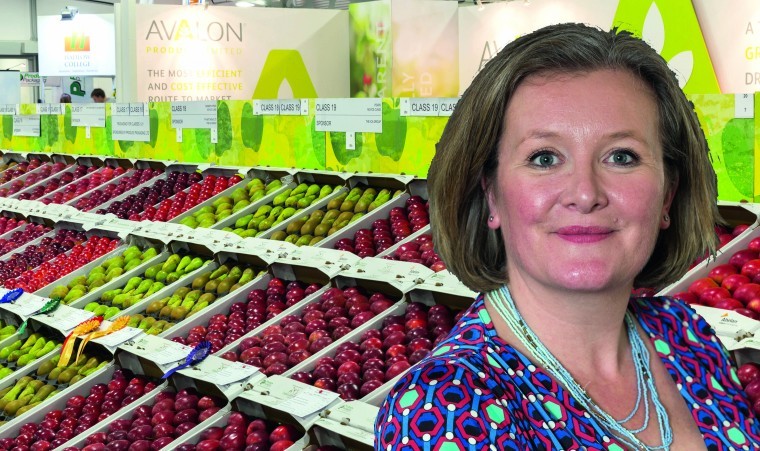Well, there you are, a strong title. Haven’t we got a lot to do in this industry? Everywhere you turn right now there seems to be a problem that is threatening to prevent the industry from moving forward as it wants to.
British Apples and Pears has a stated target of a 60% UK market share by 2030. With an average of a million trees of the right varieties planted each year for the past decade, Britain’s orchards would seem to be capable of delivering the increase in self sufficiency we need. But with the enormous challenge of lack of labour, low returns, increasing input costs and the ever-vanishing actives list, it’s not surprising that people are looking at their enterprises and wondering what they are doing it all for.
The national food strategy was published a little while ago. I’ve been working my way through it, and I wish that it joined up with everything else that we are being asked to do. I have a new role, that of non-executive director for the Agri-Epi centre. During my interview we discussed the dichotomy of farming policy with environmental, social, trade and immigration policies. Are we wrong to hope for a utopian view of a UK where we feed a greater proportion of our population and improve the national diet whilst delivering a vibrant rural economy? If you are as fed up as I am, come to Detling on 20 October and share your frustrations. We have a lively debate planned and its an opportunity to have your voice heard.
Consumers need protecting from sub-standard food. Any argument that they need greater choice is flawed if it’s a choice that just leads to unfair food distribution and health inequalities. The high standards of our industry are a source of great pride that people want to see protected and nurtured post-Brexit.
Food is a national security matter, and as the climate crisis continues to influence geo-politics we will begin to view food, food production and global supply chains very differently. The simple use of ‘an apple a day’ in the British Apples and Pears campaign has been part of a wider initiative to help people make the connection between good food and good health; the encouragement to include in the nation’s diet at least five portions of fruit and vegetables a day is a huge opportunity for our sector, but sadly one that reinforces a social divide in this country.
I have recently joined the Food Council of City Harvest, an organisation all about redistributing surplus, edible food around the capital. They are well networked, working with gleaning organisations, packers, growers and importers, mopping up parcels of fresh produce and protein that might otherwise head to an anaerobic digestion plant or another less valuable fate.
City Harvest delivers one million meals a month; food that might otherwise have gone to waste. The non-specification compliant food just needs repacking, sorting or turning into a meal for someone. They work with soup kitchens and community nutrition projects, feeding those that cannot afford to run a fridge or cooker or feed their children.
The majority of the exhibition fruit from the National Fruit Show will be heading to Acton for the amazing team at City Harvest to share with people who will absolutely love to have one of the finest apples in Britain – to receive an apple like the ones we will send to the Queen, the Prince of Wales, the Duke and Duchess of Cambridge and the Prime Minster.




